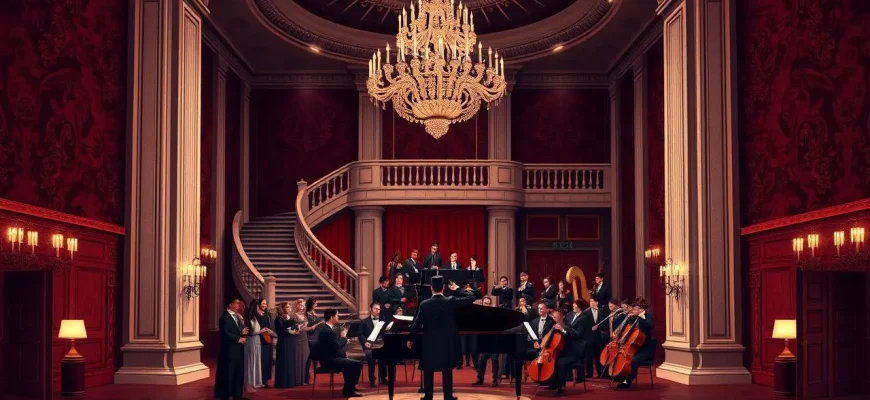Imagine the suspense of a heist or the tension of a chase, all underscored by the rich, emotive strains of classical music. This curated list brings together ten crime films where the score isn't just background noise but an integral part of the storytelling. From the chilling notes of Beethoven to the haunting melodies of Vivaldi, these films use classical music to heighten the drama, making each scene more intense and memorable. Whether you're a cinephile or a music lover, this collection promises a unique blend of crime and culture, proving that sometimes, the perfect crime needs the perfect symphony.
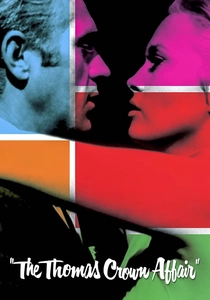
The Thomas Crown Affair (1968)
Description: This film features a sophisticated heist orchestrated by the suave Thomas Crown, with a score by Michel Legrand that includes classical pieces, enhancing the film's elegance and tension.
Fact: The film's iconic chess game scene was set to a classical piece, which was later replaced with a jazz score for the 1999 remake.
 Watch Now
Watch Now
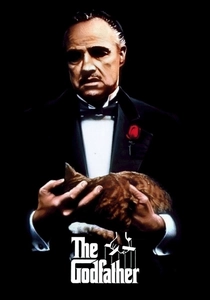
The Godfather (1972)
Description: Nino Rota's iconic score, with its classical influences, has become synonymous with the film, enhancing its epic scope and emotional depth.
Fact: The famous "Love Theme from The Godfather" was initially composed for a different film but was repurposed for this classic.
 Watch Now
Watch Now
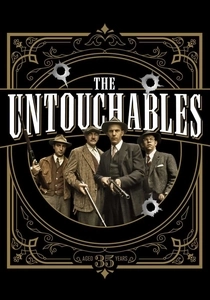
The Untouchables (1987)
Description: Ennio Morricone's score for this film includes classical influences, particularly in the dramatic scenes, enhancing the epic feel of the battle against Al Capone.
Fact: Morricone was initially reluctant to score the film, but his work here is considered one of his finest.
 Watch Now
Watch Now
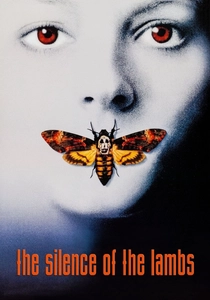
The Silence of the Lambs (1991)
Description: The eerie atmosphere of this psychological thriller is heightened by Howard Shore's score, which includes classical elements, especially in scenes involving Hannibal Lecter.
Fact: The film's iconic scene where Clarice Starling descends into the basement is underscored by a chilling piece reminiscent of classical music.
 Watch Now
Watch Now
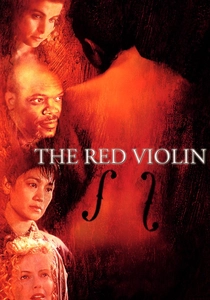
The Red Violin (1998)
Description: This film follows the journey of a legendary violin through time, with its classical music score by John Corigliano, which won an Academy Award, perfectly complementing the narrative.
Fact: The film's score was inspired by Vivaldi's "The Four Seasons," and the violin used in the film was made by the renowned luthier Samuel Zygmuntowicz.
 Watch Now
Watch Now
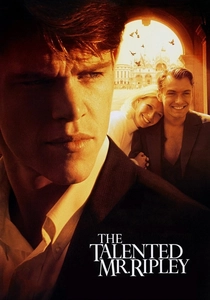
The Talented Mr. Ripley (1999)
Description: The film's use of classical music, particularly the piano pieces, mirrors the protagonist's deceptive and complex character, adding depth to the psychological thriller.
Fact: The film features a scene where Tom Ripley impersonates Dickie Greenleaf, playing a piece by Bach, which was actually performed by the actor Matt Damon.
 Watch Now
Watch Now
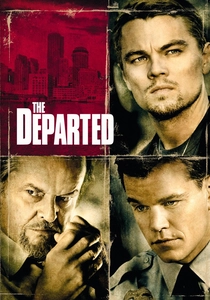
The Departed (2006)
Description: Howard Shore's score, with its classical undertones, adds depth to the complex narrative of undercover cops and moles in Boston's criminal underworld.
Fact: The film's score was nominated for an Academy Award, showcasing Shore's ability to blend classical music with modern film scoring.
 Watch Now
Watch Now
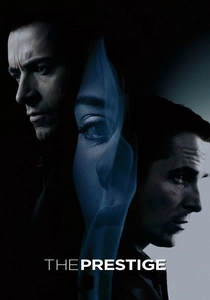
The Prestige (2006)
Description: David Julyan's score, with its classical elements, mirrors the film's themes of obsession, rivalry, and the art of magic, creating an atmospheric backdrop.
Fact: The film features a scene where Nikola Tesla's machine is powered up, accompanied by a piece that evokes the grandeur of classical music.
 Watch Now
Watch Now
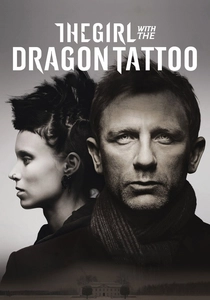
The Girl with the Dragon Tattoo (2011)
Description: Trent Reznor and Atticus Ross's score, while modern, incorporates classical elements, particularly in the film's more introspective and suspenseful moments.
Fact: The film's score was inspired by classical music, with Reznor and Ross using elements of Vivaldi's "Four Seasons" in their compositions.
 Watch Now
Watch Now
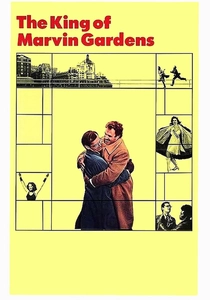
The King of Marvin Gardens (1972)
Description: The film's score by Bob Rafelson includes classical music, which underscores the melancholic and dreamlike quality of the story about a radio DJ and his brother's schemes.
Fact: The film features a scene where the characters discuss a plan to the tune of a classical piece, enhancing the surreal atmosphere.
 30 Days Free
30 Days Free

